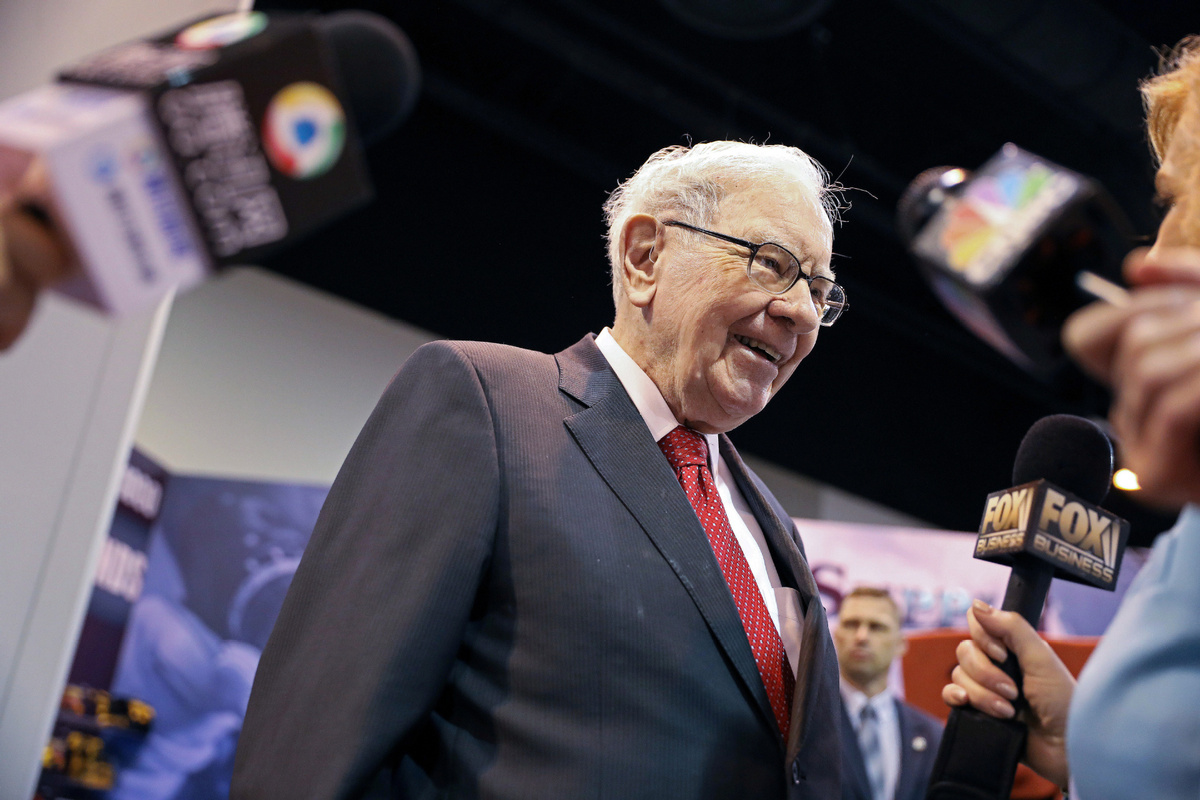Wealth tax debate rages ahead of US election
By SCOTT REEVES in New York | CHINA DAILY | Updated: 2019-12-03 07:45

Europe's experience
Critics argue that a wealth tax would take money from productive investments, eroding venture capital and limiting future innovation while falling short of revenue projections.
The Wall Street Journal said in an editorial, "Europe has tried and mostly rejected the wealth taxes that (Sanders and Warren) are now promising for America."
In 1982, French socialist president Francois Mitterrand imposed a wealth tax of 1.5 percent on assets of more than $1.5 million. The tax was ended but later reimposed in 2013 by socialist president Francois Hollande.
As a result, about 60,000 millionaires have left France since 2000, New World Wealth, a South African research company, reported. The Wall Street Journal pegs the number at 70,000. The exodus narrowed the tax base and shifted the burden to the middle class.
Bloomberg quoted Eric Pichet, a professor at the Kedge Business School in Marseille, southern France, as saying that the country's wealth tax resulted in an annual net revenue loss of at least 7 billion euros ($7.7 billion) because investment declined.
In 1978, Germany imposed levies of 0.5 and 0.7 percent respectively on personal and corporate wealth. The rate rose to 1 percent in 1995, but the nation's high court invalidated the levy and it was abolished in 1997.
The Ifo Institute for Economic Research calculated that the wealth tax would have seen the country's GDP fall by 5 percent and employment by 2 percent.
An editorial in The Wall Street Journal said: "The best argument against a wealth tax is moral. It is a confiscatory tax on the assets from work, thrift and investment that have already been taxed at least once as individual or corporate income, and perhaps again as a capital gain or death tax. The European experience shows that it also fails in practice. The question is how much economic damage comes first."
Hemel and Kysar, the law professors, offered this view, "The likeliest outcome is that a wealth tax will raise exactly zero dollars."
Ronald Reagan cut tax rates when he was US president and, after a stiff recession to tame inflation, the economy boomed. Tax revenue nearly doubled. The economy also boomed after Trump's tax cuts, and employment grew for all demographic groups.
There appears to be no middle ground in the debate between economic justice and economic growth.
Venture capital billionaire Chris Sacca tweeted, " (Warren's) proposal to put a 2-3 percent annual tax on (wealth) over $50 million is extremely and radically reasonable."
Russ Weiner, founder of energy drink company Rockstar, told Forbes: "They will continue to get more dangerous with their demands and actions. It will never be enough."
























